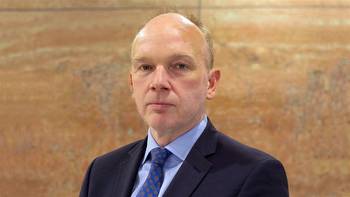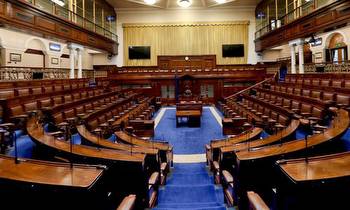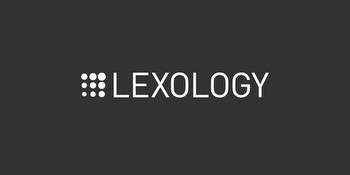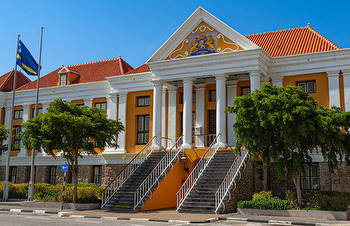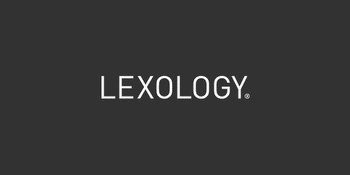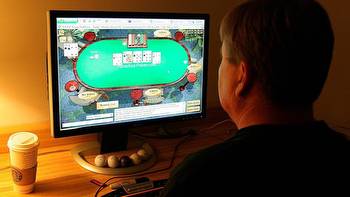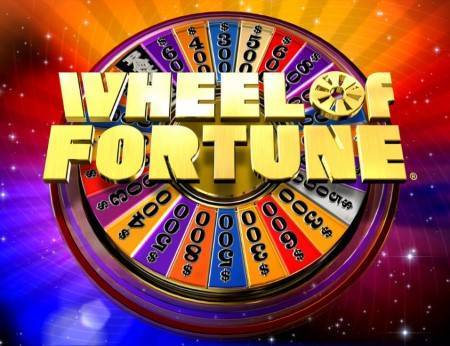Ireland now accepting applications for chief executive of upcoming gambling regulator

Ireland's getting a new gambling regulator and needs someone to spearhead its operations. It is now accepting applications from anyone who thinks they might be a good fit for the position.
James Browne, junior justice minister, has announced that a chief executive will be sought for the Gambling Regulatory Authority (GRA), according to the Irish Examiner. This authority is set up under the Gambling Regulation Act. It will function as an independent regulator and operate under the Department of Justice.
Browne stated that the GRA will regulate gambling, gaming and lottery services by both commercial and non-commercial providers, as well as their , to ensure compliance with the act.
The bill's general structure was . It will contain spending limits, stronger age verification requirements for mobile gambling, and prohibitions on promotions that lure customers back to gambling.
Browne spoke out about the opening of applications to the regulator role. He said that up to 100 people will be assigned to the authority.
In 2020, he told the Irish Examiner that while the regulator would eventually be paid by the industry, the government would back it with between €8 million to €12 million ($8.88 million to $13.3 million) for the first few years.
He added that the gambling regulator will be able to hold the industry accountable for its actions. After the initial ramp-up period, this means that operating fees, fines and penalties levied against operators will likely be the of its financial stability.
The GRA will be able to enforce licensing laws and take the appropriate, focused action against providers who are not complying with these provisions.
Browne added, "He or she will effectively be a CEO with a staff of up to 100 employees -- a range of experts who will be public servants rather than civil servants. I look forward to the appointment of the regulator in the coming months."
Recent research revealed that approximately 12,000 Irish adults are problem gamblers, with another 125,000 considered "at-risk" gambling. However, based on population statistics, this accounts for less than 1% of the population.
According to the Health Research Board (HRB), problem and at-risk gambling are strongly linked with socioeconomic status. People who live in poor areas are more likely to have gambling problems.
The new gambling regulator will be able to regulate , sponsorships and licensing and will try to stop gambling from being a criminal source.
Like the UK regulator, it will be able to issue sanctions and fines to those who violate regulations.









